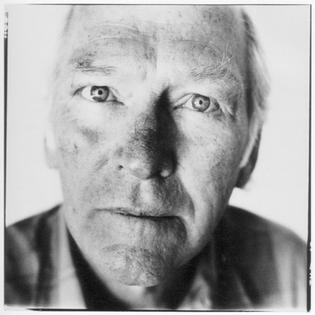A Quote by John Corabi
I kind of look at things from a very common-sense point of view.
Related Quotes
Mathematics is often erroneously referred to as the science of common sense. Actually, it may transcend common sense and go beyond either imagination or intuition. It has become a very strange and perhaps frightening subject from the ordinary point of view, but anyone who penetrates into it will find a veritable fairyland, a fairyland which is strange, but makes sense, if not common sense.
But every point of view is a point of blindness: it incapacitates us for every other point of view. From a certain point of view, the room in which I write has no door. I turn around. Now I see the door, but the room has no window. I look up. From this point of view, the room has no floor. I look down; it has no ceiling. By avoiding particular points of view we are able to have an intuition of the whole. The ideal for a Christian is to become holy, a word which derives from “whole.
The well adjusted make poor prophets. A pleasant existence blinds us to the possibilities of drastic change. We cling to what we call our common sense, our practical point of view. Actually, these are names for an all-absorbing familiarity with things as they are. . . . Thus it happens that when the times become unhinged, it is the practical people who are caught unaware . . . still clinging to things that no longer exist.
The dominant metaphor of conceptual relativism, that of differing points of view, seems to betray an underlying paradox. Differentpoints of view make sense, but only if there is a common co-ordinate system on which to plot them; yet the existence of a common system belies the claim of dramatic incomparability.
Seen from a lower point of view, the Constitution, with all its faults, is very good; the law and the courts are very respectable;even this State and this American government are, in many respects, very admirable, and rare things, to be thankful for, such as a great many have described them; but seen from a point of view a little higher, they are what I have described them; seen from a higher still, and the highest, who shall say what they are, or that they are worth looking at or thinking of at all?



































